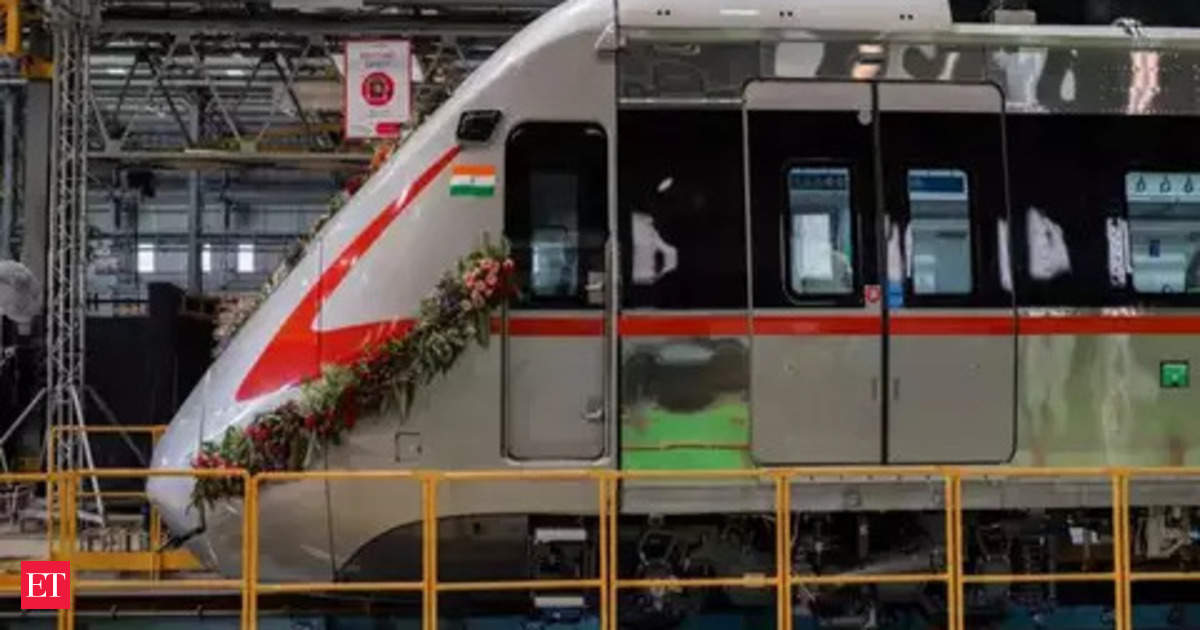“With this integration, customers booking a Namo Bharat train ticket through the RRTS Connect app can simultaneously purchase a Delhi Metro ticket. Similarly, passengers using the app can also purchase a Delhi Metro ticket. DMRC (Deep Water Environmental Research Centre) The mobile app for booking a metro ticket can also add a Namo Bharat train ticket.
“This collaboration will generate unique Delhi Metro QR codes on RRTS connect app and Namo Bharat QR codes on DMRC mobile app, significantly enhancing passenger experience,” the statement said.
This integration is expected to reduce queues at NCRTC and DMRC stations, save valuable time of passengers and encourage digital transactions and environment-friendly travel options, he said.
This initiative is in line with Prime Minister GatiShakti’s National Master Plan, which envisages seamless integration between different modes of transport, he added.
RRTS stations are strategically located near and integrated with existing railway, metro and bus stations, creating an extensive network of networks. By eliminating the need to switch between different ticketing applications while transitioning between NCRTC and DMRC networks, this initiative further promotes green rail-based transport for travel within Delhi-NCR, the release said. The currently operational 42-km RRTS corridor is connected to the 393-km DMRC network. This integration encourages the use of public transport, which is crucial to increase ridership and ensure long-term sustainability of these capital-intensive projects, it said.
The Namo Bharat trains, with a design speed of 180 kmph and operational speed of up to 160 kmph, significantly reduce travel time within the region by up to a third. Once the entire 82-km corridor is completed by the target deadline of 2025, passengers will be able to travel between Delhi and Meerut in less than an hour, he added.
Disclaimer:
The information contained in this post is for general information purposes only. We make no representations or warranties of any kind, express or implied, about the completeness, accuracy, reliability, suitability or availability with respect to the website or the information, products, services, or related graphics contained on the post for any purpose.
We respect the intellectual property rights of content creators. If you are the owner of any material featured on our website and have concerns about its use, please contact us. We are committed to addressing any copyright issues promptly and will remove any material within 2 days of receiving a request from the rightful owner.

